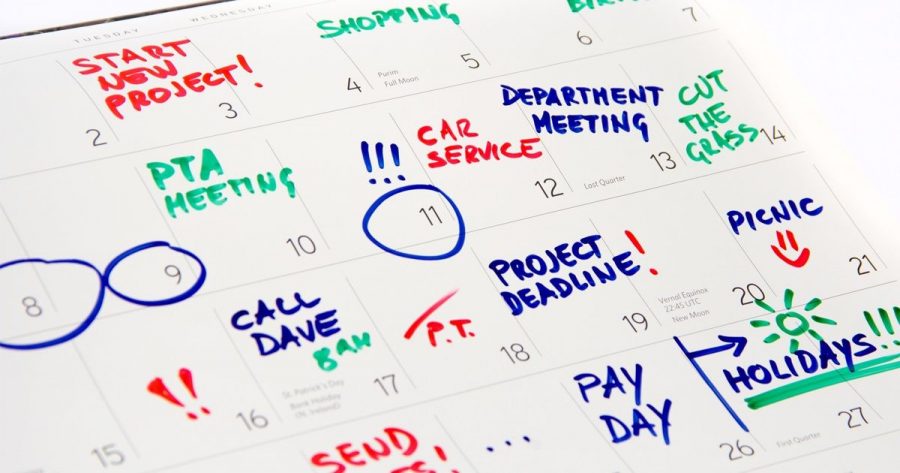Taking Honors Classes
With the increased workload, managing honors classes and a life outside of school isn’t an easy task.
October 15, 2021
Waterford High School operates on a three-tiered academic track: standard, advanced, and honors. Compared to the standard or advanced classes, honor-level classes move faster and have a more extensive workload. For some students, taking these classes is a smart move to open up more opportunities in the future. For others, the workload becomes too much. Finding a balance between classes and other activities is a key part to succeeding in these classes.
Many students take these labor-intensive classes and manage extracurricular activities after school. One student who does this is Brianne Kilcomons, a sophomore honors student and basketball player. She gets up at 5:45 every morning to get to school and often can’t start homework until 8:30pm or later. The honors class workload can take up to four or five hours of work a night, so it is essential to find ways to handle it all. Brianne gave her best tips for getting all your assignments done.

First, she says it’s helpful to pay attention in class and retain the information: “I’ve had times when I sit and stare at a problem. I have to go back through the lesson and teach myself all the content I missed. It can double the time it takes.” Asking questions in class or texting friends to understand the course makes the homework processes significantly faster. Brianne also suggested listening to music while working: “It helps me get in the zone. I can tune everything else out and get the work done.” She also uses her study halls: “If I set my mind to it, I can get a decent amount of work done. Using my study hall wisely has definitely helped my sleep schedule.”
Students aren’t the only ones who realize that honors classes come with a lot of work. WHS history teacher Mrs. Virtue understands this struggle. As a mother to three kids, she gets lots of feedback and listens to it: “I listened to my kids and wanted to make a home-y feel in the class. It lets them know you care.” Even though her students get a lot of work, Mrs. Virtue helps them as much as she can. She has relaxed due dates. If there’s an issue, she is understanding. She knows that her students have a lot on their plates, so she works to support them however she can.
Virtue’s biggest tip is prioritizing. She makes lists to keep everything in order: “If it’s not on the list it doesn’t get done…prioritize. Try to do it right away instead of letting them pile it up.” She explained that this strategy has helped her manage work throughout her life.
So is it all worth it? For some students, yes. Kilcomons suggested: “If you have the time management skills to balance it all, go for it. These classes will open up more doors for you down the road. But, we’re teenagers. If you never get to do anything fun with your friends or family, then maybe you should reconsider. Your entire life shouldn’t be school and homework.”






